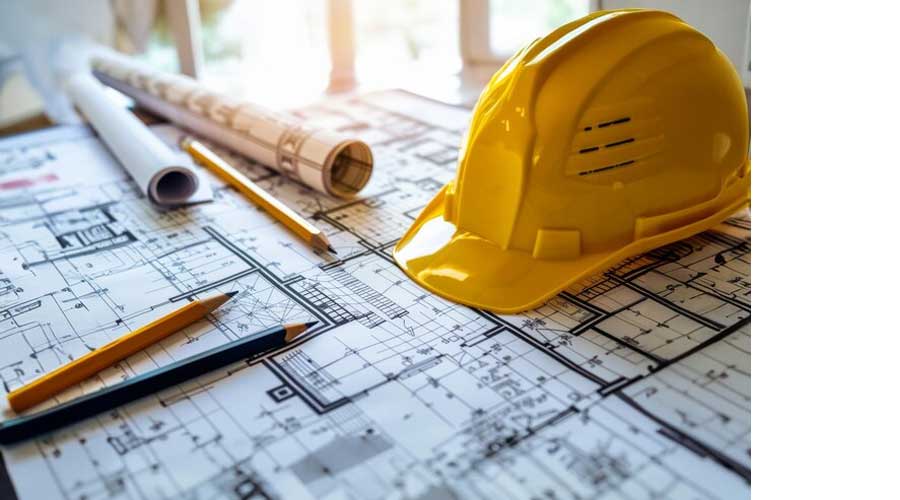The Future of Urban Construction: Trends and Innovations
As urban populations grow and cities expand, the future of urban construction is being shaped by cutting-edge trends and innovations. These advancements aim to create more sustainable, efficient, and livable urban environments, addressing the challenges of modern city living.

Modular and prefabricated construction methods are revolutionizing urban development. By assembling building components off-site in a controlled environment, these approaches streamline the construction process, reduce waste, and accelerate project timelines. This not only enhances efficiency but also minimizes the disruption to existing urban areas.
Sustainability is at the forefront of urban construction trends. Green building practices, including the use of renewable energy sources, energy-efficient materials, and innovative water conservation systems, are becoming standard. Urban planners are integrating green roofs, vertical gardens, and eco-friendly materials to create more sustainable and resilient buildings.
"Urban construction's future is defined by smarter, greener, and more resilient innovations."
Mixed-use developments are gaining popularity as cities strive to maximize space and create vibrant communities. These projects combine residential, commercial, and recreational spaces within a single development, fostering a more integrated urban environment. This approach not only optimizes land use but also promotes a sense of community and reduces the need for extensive commuting.
The Rise of Green Urban Spaces
Incorporating green spaces into urban planning is crucial for enhancing quality of life in densely populated areas. Parks, community gardens, and green walkways contribute to environmental health, provide recreational opportunities, and foster social interaction. Urban planners are prioritizing the integration of these spaces to create more balanced and healthy urban environments.
The future of urban construction is marked by innovative trends that emphasize sustainability, efficiency, and livability. As cities continue to evolve, embracing modular construction, sustainable practices, smart technologies, and adaptive designs will be key to building resilient and vibrant urban landscapes. The integration of these advancements promises to address the challenges of urbanization and create thriving environments for future generations.


